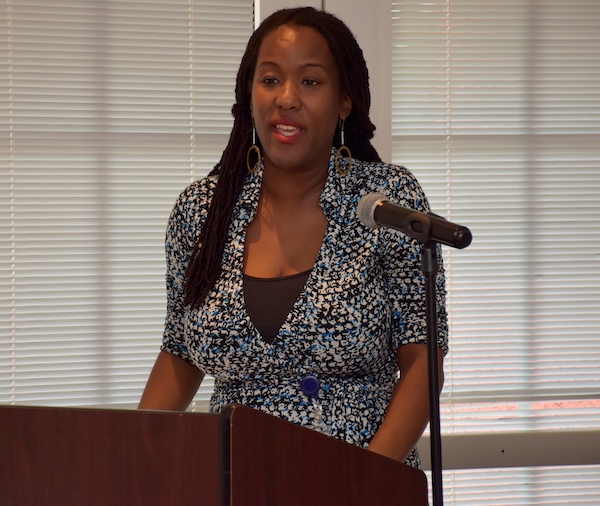Minimising gender and climate-related risks
Date:

Resilience is not the only way to address the impacts of climate change. It is also about changing the development practices that have led to the increased rate in climate change we are witnessing and experiencing.
This was highlighted by Deputy Representative UN Women MCO Caribbean, Tonni Brodber to the Regional Training Workshop on Green Climate Fund Project Design, organised by FAO and the Caribbean Community Climate Change Centre in collaboration with Global Affairs Canada, the government of Mexico and USAID.
Gender does not exist in a vacuum, humans are influenced by how gender, sex, race, ethnicity, class, religion, nationality, ability/disability and everything else that intersects, speaks specifically to how they experience opportunities and challenges. …One of the major findings from the review of the Green Climate Fund (GCF) Gender Policy is: ‘There is a strong consensus that language needs to shift from vulnerable communities to recognizing the inherent values, importance and potential of populations who might be underprivileged or otherwise marginalized.’
The fact that The Green Climate Fund is the first climate finance mechanism to mainstream gender perspectives from the outset of its operations as an essential decision-making element for the deployment of its resources demonstrates a true understanding of the essential role gender equality and/or inequality plays in development outcomes.